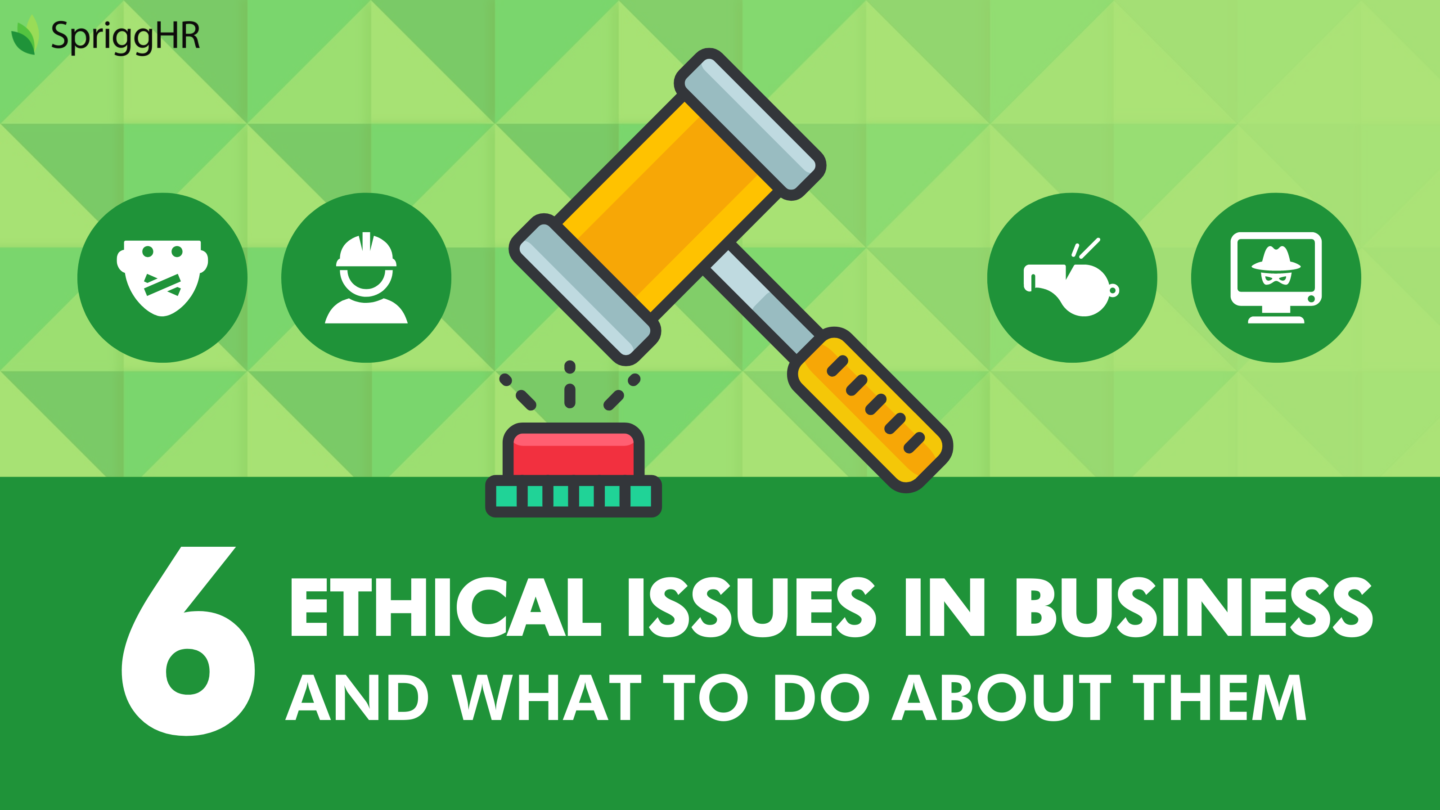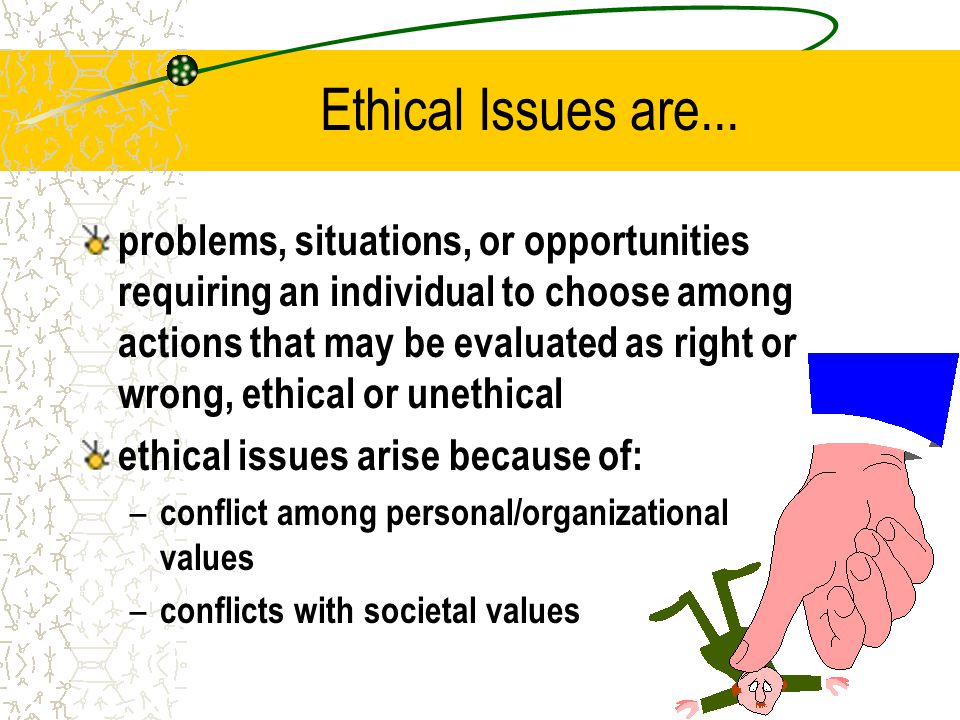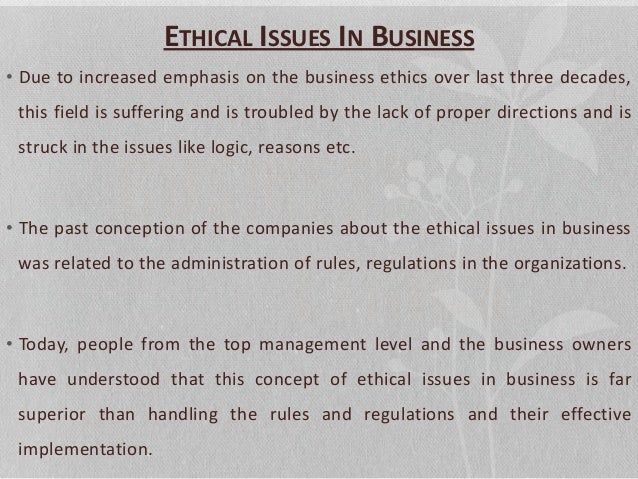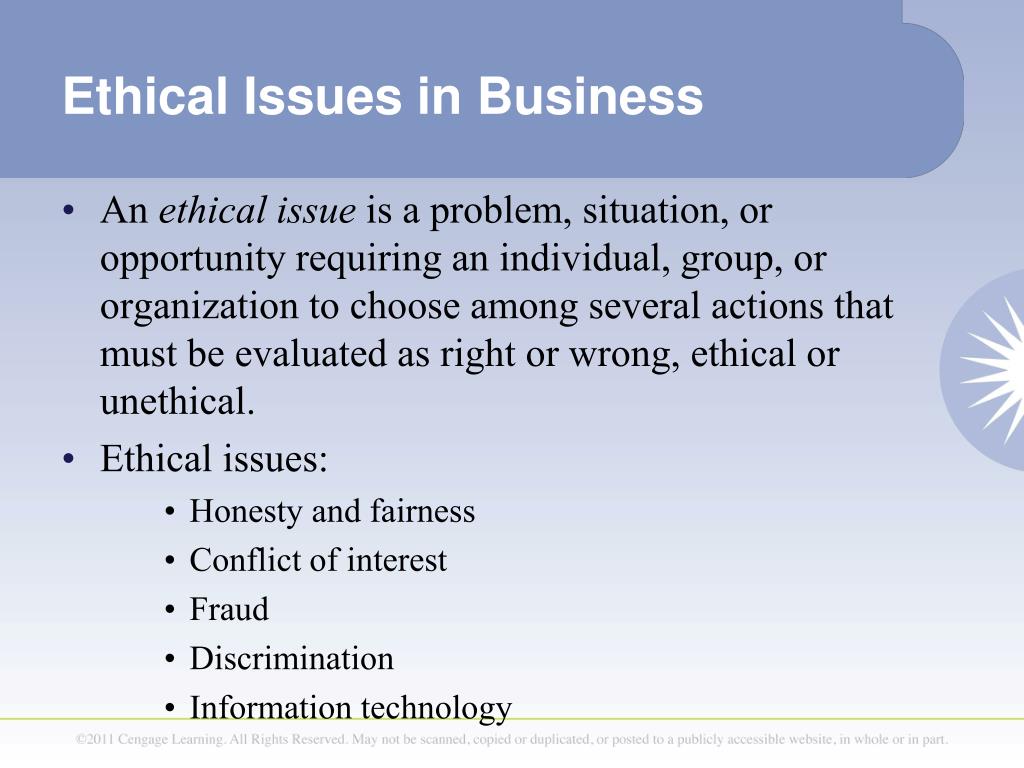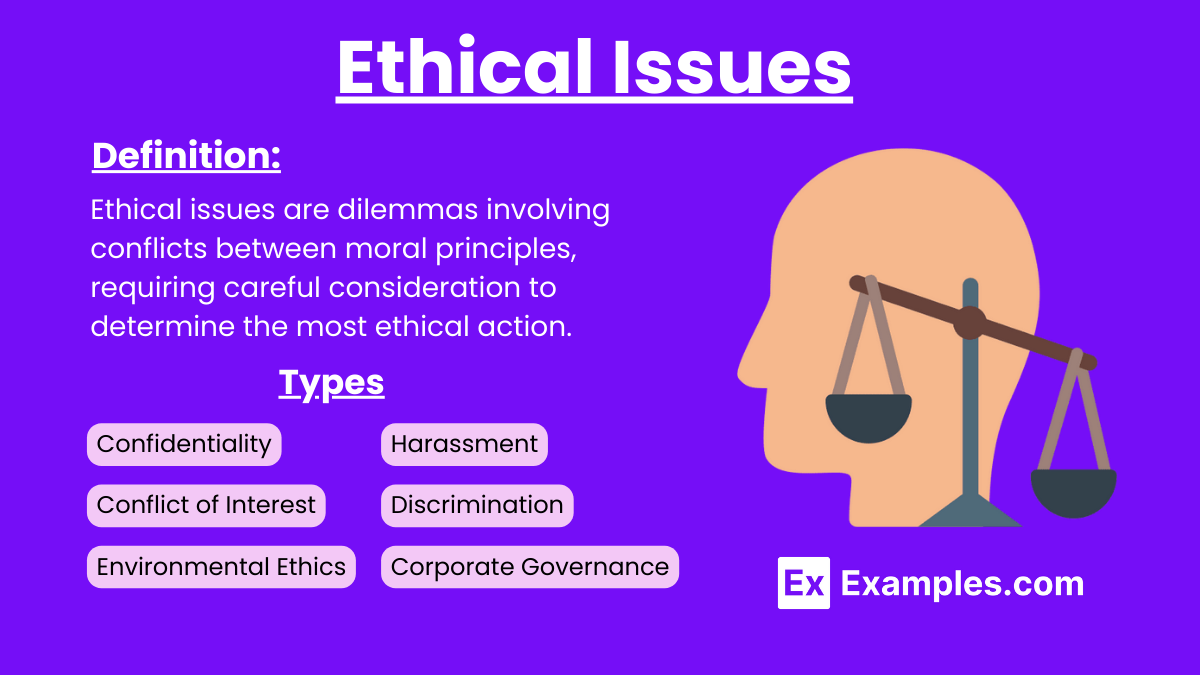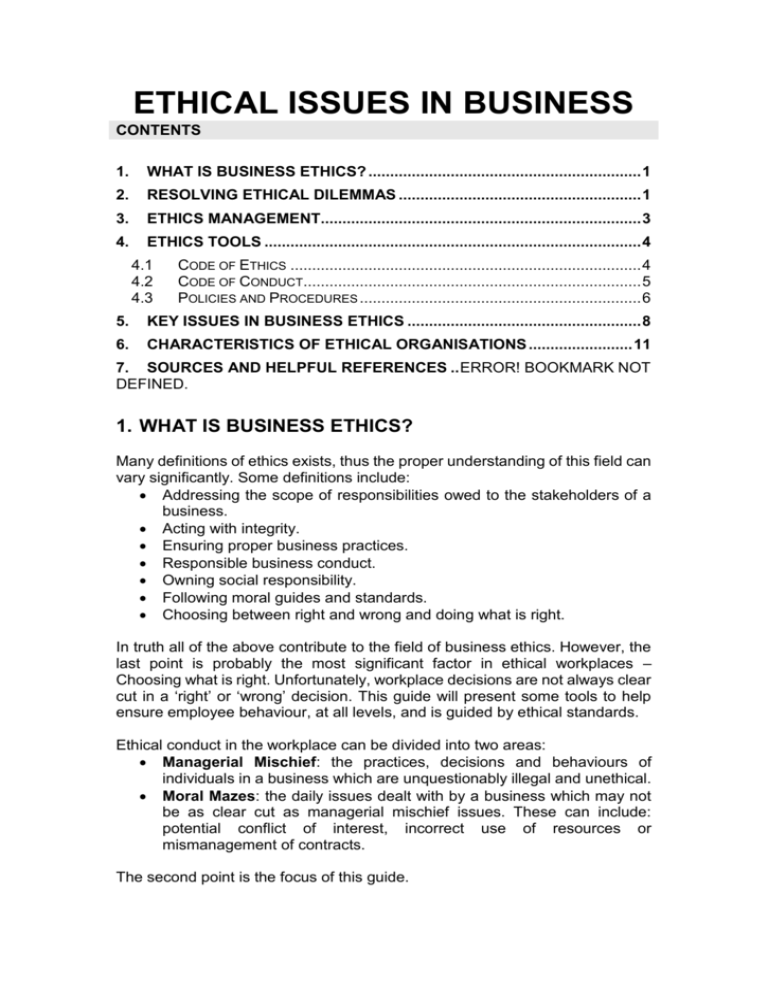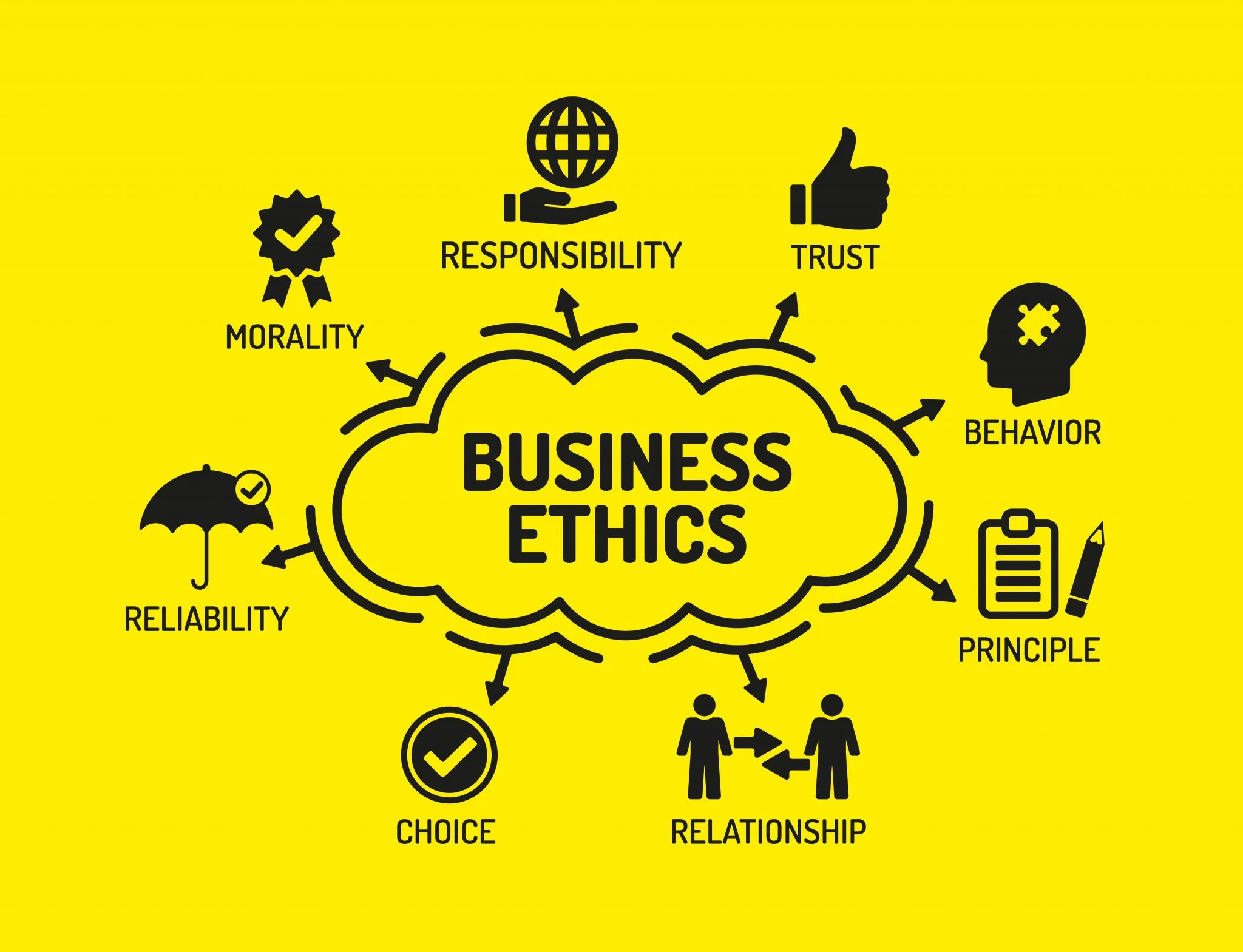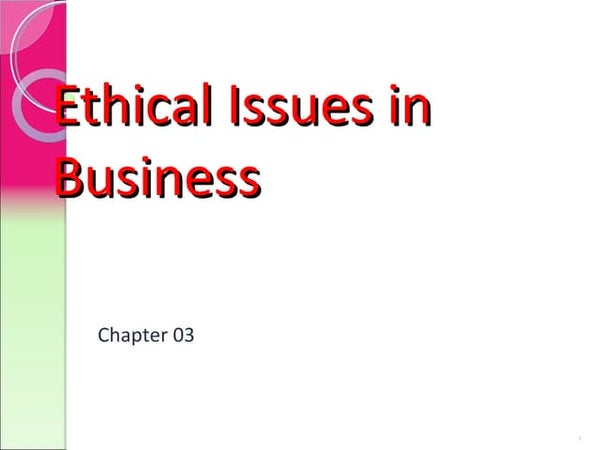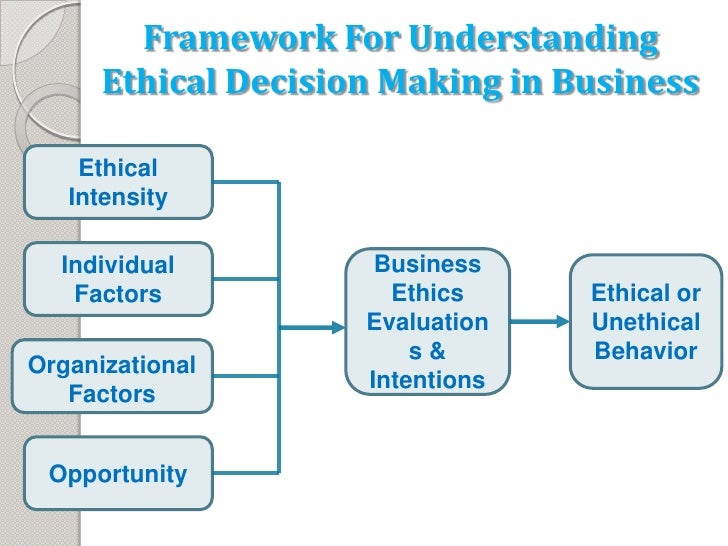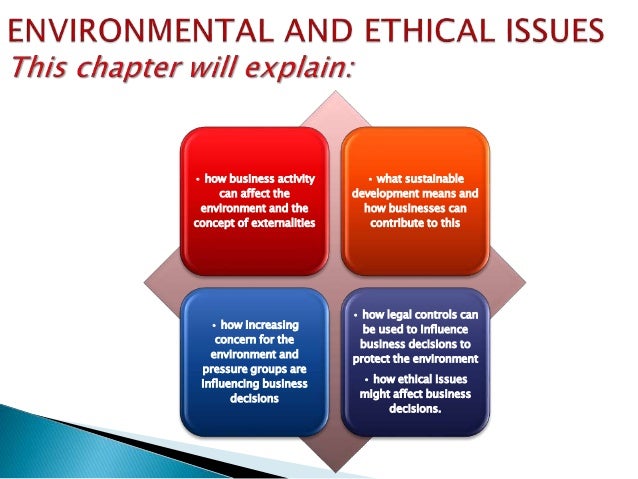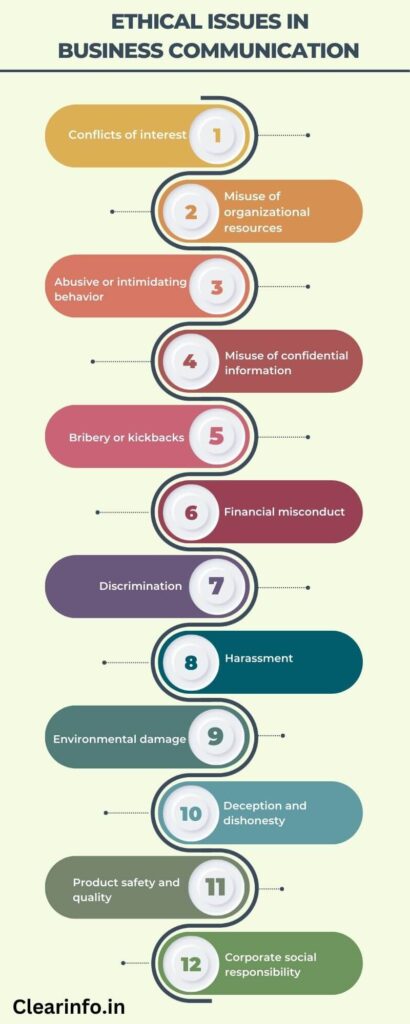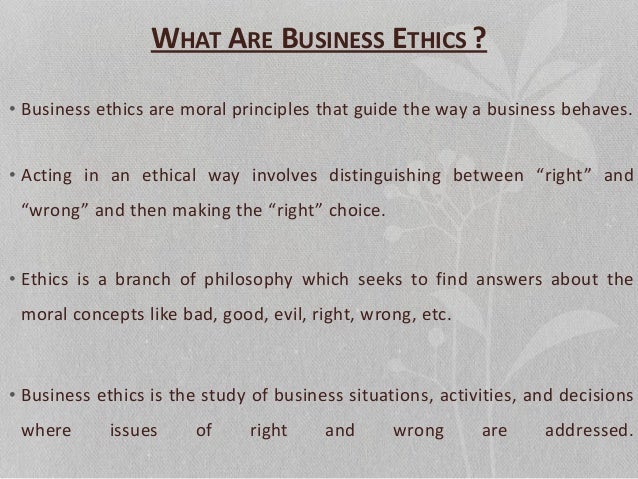How Ethical Issues Affect Business

Ethical dilemmas are increasingly impacting businesses across various sectors, influencing consumer trust, investor confidence, and ultimately, the bottom line. Companies are facing scrutiny over their environmental impact, labor practices, and data privacy policies, forcing them to reassess their operational frameworks and decision-making processes.
The core of the issue lies in the conflict between profit maximization and responsible corporate citizenship. Businesses are expected to generate returns for shareholders, but this pursuit cannot come at the expense of ethical considerations. Neglecting these considerations can lead to reputational damage, legal repercussions, and financial losses.
The Rising Tide of Ethical Scrutiny
Ethical issues in business have become increasingly prominent due to several factors. Greater awareness among consumers, fueled by social media and investigative journalism, has amplified the consequences of unethical behavior. The demand for transparency and accountability has forced companies to be more proactive in addressing ethical concerns.
Globalization has also played a significant role. Supply chains that span multiple countries often present complex ethical challenges related to labor standards, environmental regulations, and human rights. Managing these challenges requires careful due diligence and a commitment to responsible sourcing.
Key Areas of Ethical Concern
Several key areas consistently raise ethical questions for businesses. Environmental sustainability is a major concern, with pressure mounting for companies to reduce their carbon footprint, minimize waste, and adopt environmentally friendly practices. Labor practices, including fair wages, safe working conditions, and the elimination of child labor, are also under intense scrutiny.
Data privacy and security have become paramount in the digital age. Companies collect vast amounts of personal data, and ensuring the responsible and ethical use of this information is crucial. Breaches of data privacy can lead to significant financial penalties and reputational damage.
Another emerging ethical issue is the use of artificial intelligence (AI). Concerns are being raised about algorithmic bias, the potential for job displacement, and the ethical implications of autonomous systems.
Impact on Business Performance
The impact of ethical issues on business performance can be substantial. A company with a strong ethical reputation is more likely to attract and retain customers, employees, and investors. Consumers are increasingly willing to pay a premium for products and services from companies they perceive as ethical.
Conversely, unethical behavior can lead to boycotts, legal battles, and a decline in sales. The 2015 Volkswagen emissions scandal, for example, resulted in billions of dollars in fines and a significant loss of consumer trust. Arthur Andersen, once a giant accounting firm, collapsed as a result of its involvement in the Enron scandal.
Investors are also paying closer attention to ethical considerations. ESG (Environmental, Social, and Governance) investing is growing rapidly, with investors seeking companies that demonstrate a commitment to responsible business practices. According to Morningstar, sustainable funds attracted record inflows in 2020, demonstrating the increasing demand for ethically responsible investments.
Building an Ethical Framework
Companies can mitigate the risks associated with ethical issues by establishing a strong ethical framework. This framework should include a clear code of ethics, regular training for employees, and a system for reporting and addressing ethical concerns.
It is also important for companies to conduct regular ethical audits and to engage with stakeholders, including customers, employees, and community members. This engagement can help companies identify potential ethical risks and to develop strategies for addressing them.
Ultimately, ethical business practices are not just a matter of compliance; they are a matter of creating long-term value. By prioritizing ethical considerations, companies can build stronger relationships with stakeholders, enhance their reputation, and create a more sustainable business model.


